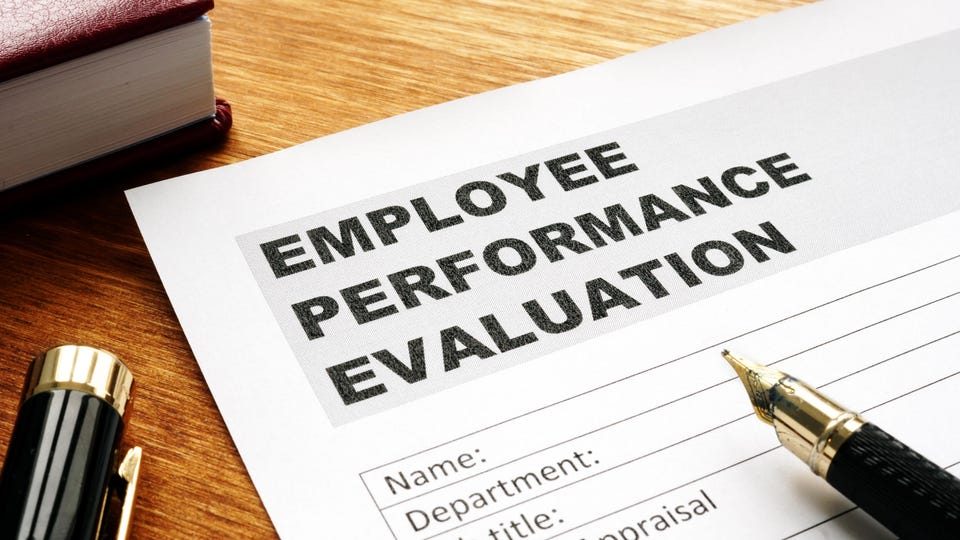You’ve waited months for this moment—the chance to discuss your worth and contributions with your boss and potentially take the next step in your career. Whether it’s your annual review or a more infrequent performance discussion, it’s an important meeting and let’s just say that it can create some stress and tension.
It’s understandable to be a bit anxious about any performance review, especially if you haven’t had too many in your career yet. You may not know exactly what to expect or how to prepare.
Here are a few tips to ease the anxiety of a work review and help you position yourself for a positive discussion.
Review your work objectives
In your previous review, did you establish any specific goals? Or, do you have a list of goals that you have discussed with your supervisor for the current year? Alternatively, do you have any that you developed on your own? Hopefully, the answer is yes to all of the above.
A typical performance review will focus at least partly on how you have done in achieving the goals previously set by your supervisor. So, a key preparation step is to sit down and go over each of your goals to determine whether you achieved them and in general how you performed on each one. Make sure you look at each one realistically. If you knocked it out of the park, don’t be afraid to say it. But, if you missed the mark, establish why this was the case. Don’t look to point fingers or blame anyone else if you missed achieving a goal, but take a realistic look at why it wasn’t met.
What did you discover along the process if you achieved or didn’t achieve your objectives? Of which are you the proudest? How can you expand upon them going forward?
And how far did you get if you didn’t succeed in achieving them? Have your goals changed? What prevented you? What can you change moving forward?
Be prepared to address all of these questions in the review. If you have already given it a lot of thought, you’ll be much better prepared to have the conversation.
Gather your achievements
Outside of your goals mentioned above, it’s a good idea to put together a list of your accomplishments. You want to be able to make your case by outlining your successes over the last six or twelve months (whatever time period since your last performance review), including key things like how much money you brought in for the business, the skills you acquired, the connections you created, and the projects you finished.
This is your opportunity to toot your own horn. But, as with evaluating your progress on achieving goals, be realistic. Don’t overstate your accomplishments. Make sure to give credit to others on the team or in your company who helped with your achievements. This practice helps establish you as a team player that isn’t interested in taking credit for everything positive that occurs. Long term, being seen in this light will deliver far more value than a short-term boost by potentially failing to highlight how other team members contributed to your success.
Prepare for any lingering questions in advance
Reviews are a great way to get some of your most pressing questions answered, especially if one-on-one time is scarce in your workplace. It could relate to the objectives of the business, the objectives of your team or department, or the potential for career advancement (like the budget to get some professional development help).
Use this opportunity to have a wide-ranging conversation, beyond simply whether you achieved your goals or not. Again, coming into a performance review with questions like this demonstrates not only your interest in the team and company but also your thought process around how you can impact the company going forward. It’s a big opportunity to demonstrate your thoughts about the future.
Get ready for constructive criticism
Any performance review should include conversations about both your successes and areas where you can improve or develop. Perhaps your manager will raise some important issues you need to address. Perhaps you even anticipated a performance improvement plan. Every the most positive review should include discussions of what you could have done better. No one is perfect or executes their job to perfection. In fact, if there isn’t room for improvement, that is a signal it might be time to consider a different position. Because that would mean you have learned everything there is to learn in your current position.



















